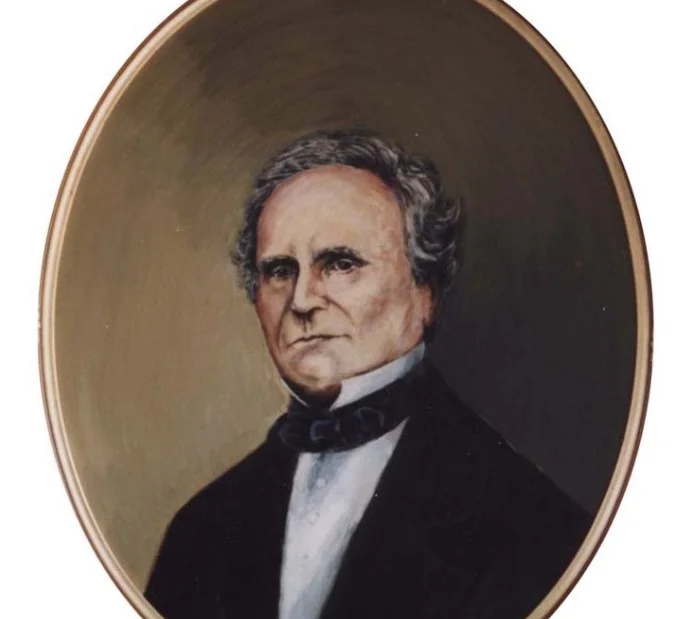Computers, the omnipresent pillars of our digital age, have a fascinating origin story that spans centuries. In this journey through time and innovation, we’ll unravel the intriguing evolution leading to the birth of these indispensable machines.
The Precursors: Early Calculating Devices
Before the digital era, humanity’s quest for computation led to the creation of primitive calculating devices. From the abacus in ancient China to the astrolabe in the Islamic Golden Age, these early tools laid the groundwork for the complex mechanisms that would follow.

The Antikythera Mechanism: An Ancient Marvel
In the 1st century BCE, the Greeks crafted the Antikythera Mechanism, an astoundingly advanced analog computer. Discovered in a shipwreck, this ancient relic astounds historians with its ability to predict celestial events. Could this be the true origin of computing?

Charles Babbage and the Analytical Engine
Fast forward to the 19th century, when the visionary Charles Babbage conceptualized the Analytical Engine. Often hailed as the “Father of Computers,” Babbage’s design featured punched cards for input, output, and storage—a concept strikingly similar to modern programming.

Ada Lovelace: The World’s First Programmer?
Collaborating with Babbage, Ada Lovelace added an extraordinary layer to the Analytical Engine’s legacy. Her notes contained the first published algorithm intended for implementation on a machine. Was Ada Lovelace the unsung founder of computer programming?

The Turing Machine: A Theoretical Breakthrough
In the early 20th century, mathematician Alan Turing introduced the concept of a theoretical computing machine—now known as the Turing Machine. This abstract model laid the foundation for the development of electronic computers, transcending the limits of mechanical computation.
Electronic Era: Birth of the Modern Computer
ENIAC: The Giant Brain
The Electronic Numerical Integrator and Computer (ENIAC), unveiled in the 1940s, marked the beginning of electronic computing. Occupying a vast space, ENIAC was a colossal leap from its mechanical predecessors, capable of executing complex calculations with remarkable speed.
UNIVAC I: A Step Toward Commercial Computing
Following ENIAC, the UNIVAC I emerged as the first commercially produced computer. With improved accessibility, this behemoth found applications beyond scientific research, venturing into business and government sectors. The computer age had officially dawned.
FAQs on the Origin of Computers
Q1: Who is considered the “Father of Computers”?
The title is often attributed to Charles Babbage, given his pioneering work on the Analytical Engine in the 19th century.
Q: Did computers have a role in World War II?
Absolutely. Computers like Colossus and ENIAC played crucial roles in codebreaking and military calculations during World War II.
Q: When did personal computers become prevalent?
The 1970s witnessed the advent of personal computers, with pioneers like Apple and IBM making computing accessible to individuals.
Founder of Computer and History of Computers: A Timeless Legacy
As we trace the origin of computers, we encounter the brilliance of minds like Babbage, Lovelace, Turing, and the engineers behind ENIAC. Their contributions form the cornerstone of the digital landscape we navigate today.
In celebrating this history, we honor not only the machines but also the relentless human spirit that propelled us into the age of computing. The origin of computers is a testament to our collective curiosity, innovation, and the relentless pursuit of knowledge.












